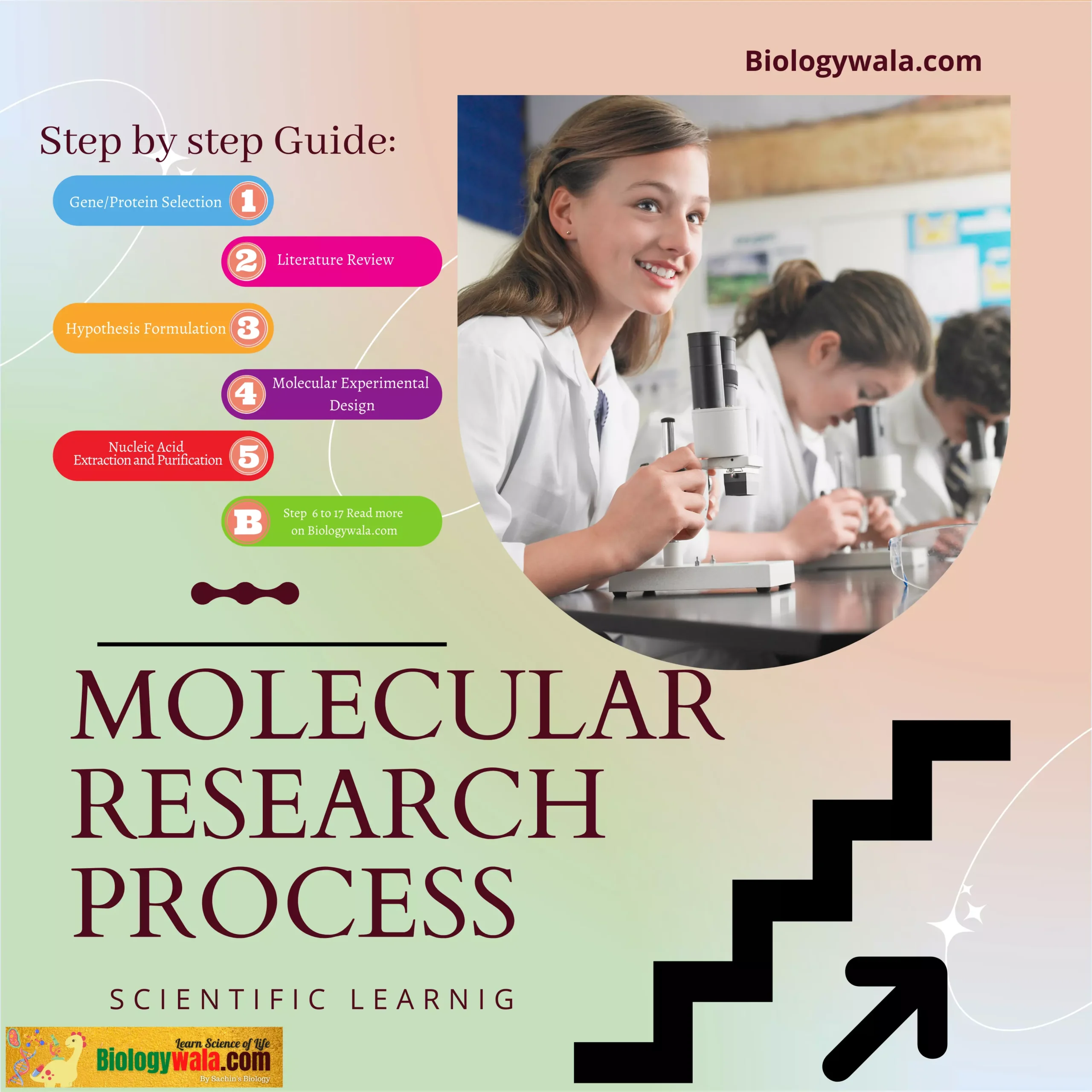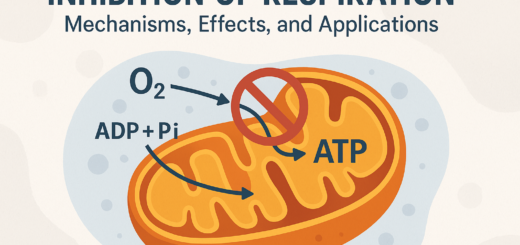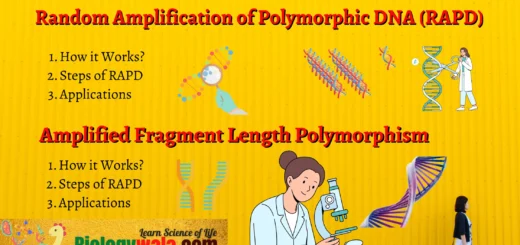Molecular Research Process: Step-by-Step Guide

For exploring the complex world of cells, the Molecular Research Process serves as our compass. Scientists explore the tiny world of cells, picking particular genes or proteins to study and learning from what’s already known. With a clear plan, scientists use special tools, like detectives with microscopes, to uncover the secrets of life’s small building blocks. This careful journey ensures a detailed exploration, revealing the mysteries within the world of cells.
Molecular Research Process: Step-by-Step Guide:
- Gene/Protein Selection:
- Identify the specific gene or protein of interest based on the research question.
- Consider its relevance to cellular processes or diseases.
- Literature Review in Molecular Context:
- Review existing molecular studies related to the chosen gene or protein.
- Examine molecular pathways, interactions, and functions.
- Hypothesis Formulation with Molecular Focus:
- Develop a hypothesis addressing molecular mechanisms.
- Specify expected changes at the molecular level.
- Molecular Experimental Design:
- Devise experiments targeting molecular interactions, modifications, or expressions.
- Include details on molecular techniques (e.g., PCR, gel electrophoresis, Western blot).
- Nucleic Acid Extraction and Purification:
- Extract DNA/RNA and purify for downstream molecular analysis.
- Maintain integrity to ensure accurate molecular measurements.
- Molecular Techniques Application:
- Apply relevant molecular biology techniques specific to the hypothesis (e.g., qPCR for gene expression).
- Optimize conditions for sensitivity and specificity.
- Protein Analysis and Characterization:
- If applicable, perform protein analysis (e.g., mass spectrometry) for structural and functional insights.
- Validate results using appropriate controls.
- Data Collection at the Molecular Level:
- Record quantitative molecular data.
- Ensure precision in measurements and account for biological variability.
- Molecular Data Analysis:
- Utilize bioinformatics tools for molecular data interpretation.
- Identify patterns, correlations, or significant changes.
- Molecular Results Presentation:
- Present molecular data through diagrams, heatmaps, or molecular structure representations.
- Emphasize molecular alterations and their implications.
- Molecular Conclusion Drawing:
- Draw conclusions specifically addressing molecular aspects.
- Relate findings to the initial hypothesis and molecular literature.
- Validation through Molecular Controls:
- Ensure experiments include positive and negative molecular controls.
- Validate the specificity and reliability of molecular results.
- Integration of Molecular Findings:
- Integrate molecular results into broader biological contexts.
- Discuss implications for cellular function or disease pathways.
- Genetic/Epigenetic Considerations:
- If relevant, explore genetic or epigenetic factors influencing molecular outcomes.
- Address how these factors contribute to the overall molecular picture.
- Publication of Molecular Insights:
- Prepare a manuscript focusing on molecular methodologies and findings.
- Highlight the significance of molecular discoveries.
- Molecular Community Engagement:
- Engage with the molecular biology community through conferences or online platforms.
- Share insights, discuss methodologies, and seek feedback.
- Continuous Molecular Advancements:
- Stay abreast of emerging molecular technologies.
- Adapt methodologies based on advancements in molecular biology.
This step-by-step Molecular Research Process offers a precise roadmap for scientists to uncover the mysteries of life at the molecular level. By carefully selecting genes and employing specialized techniques, this systematic approach provides valuable insights, contributing to the ongoing advancements in molecular biology. As an enduring framework, it guides researchers in navigating the microscopic complexities, fostering a deeper understanding of life’s fundamental processes.
Join SACHIN’S BIOLOGY on Instagram or Facebook to receive timely updates and important notes about exams directly on your mobile device. Connect with Mr. Sachin Chavan, the founder of Sachin’s Biology and author of biologywala.com, who holds an M.Sc., NET JRF (AIR 21), and GATE qualifications. With SACHIN’S BIOLOGY, you can have a direct conversation with a knowledgeable and experienced.
You will also like:
Download the Free Book of Plant Physiology by Taiz and Zieger 6th edition
[Download] Top 5 Books for Molecular Biology: Basic to Advance


